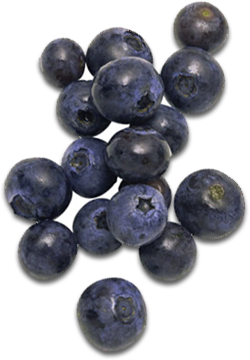no items to display
Simple ways to make your eating habits more sustainable
It’s the conversation of the moment, how do we live more sustainably? Gone are the days where we can ignore the impact our everyday decisions make on the environment, the planet and the species that live on it.
It might seem completely overwhelming but there are some tiny things you can do in your day-to-day life to make your eating habits more sustainable.
Just doing a few (or all) of these things can really make a huge difference to keeping our planet ticking over.

1. Reduce waste
Most simply, rotting food is a major source of methane, one of the greenhouse gases associated with global warming.
The best way to reduce waste is to only buy as much food as you know your family can eat; meal plans in advance are extremely helpful for this.
If you do find yourself with food that you can’t eat before it’s sell by date, think about freezing or using the food in a soup, stock, casserole or stew.
Choosing whole foods in the supermarket, instead of lots of pre packaged processed foods is another easy way to reduce waste.

2. Get yourself a reusable coffee cup and water bottle
Buying a durable water bottle and reusable coffee cup is an instant way to reduce the stockpile of plastic water bottles and paper coffee cups that end up in landfill.
3. Take your own bags to the supermarket
There is a very good reason we are charged 10p a plastic bag!
Plastic is made from non-renewable resources and are very rarely recycled. They are lightweight, which means they easily carry across water and land, getting stuck in rivers, oceans, streams and natural habitats.
So get yourself a few durable tote bags and save yourself the cost!

4. Eat local produce
Eating local produce means you’re reducing the number of miles food travels, which of course lessens the carbon footprint.
It also helps support your local farmers, so why not try popping down to your local butcher or farmers market?
5. Try ‘Meatless Monday’
Eating a more plant based diet is actually extremely friendly to the environment, as mass producing meat uses a lot of pesticides, chemicals, fuel and water – all contributing to green house gases.
So why not try to go veggie one day a week? Replace your meats with plant proteins like lentils or tofu.

6. Try planting your own seeds and veggies
And what better way to help the environment than to create your own little veggie patch?
Plant seeds for your own herbs and some veggies and you’re using less plastic packaging, no air miles and have the fun of creating your own organic products! Win, win, win!





